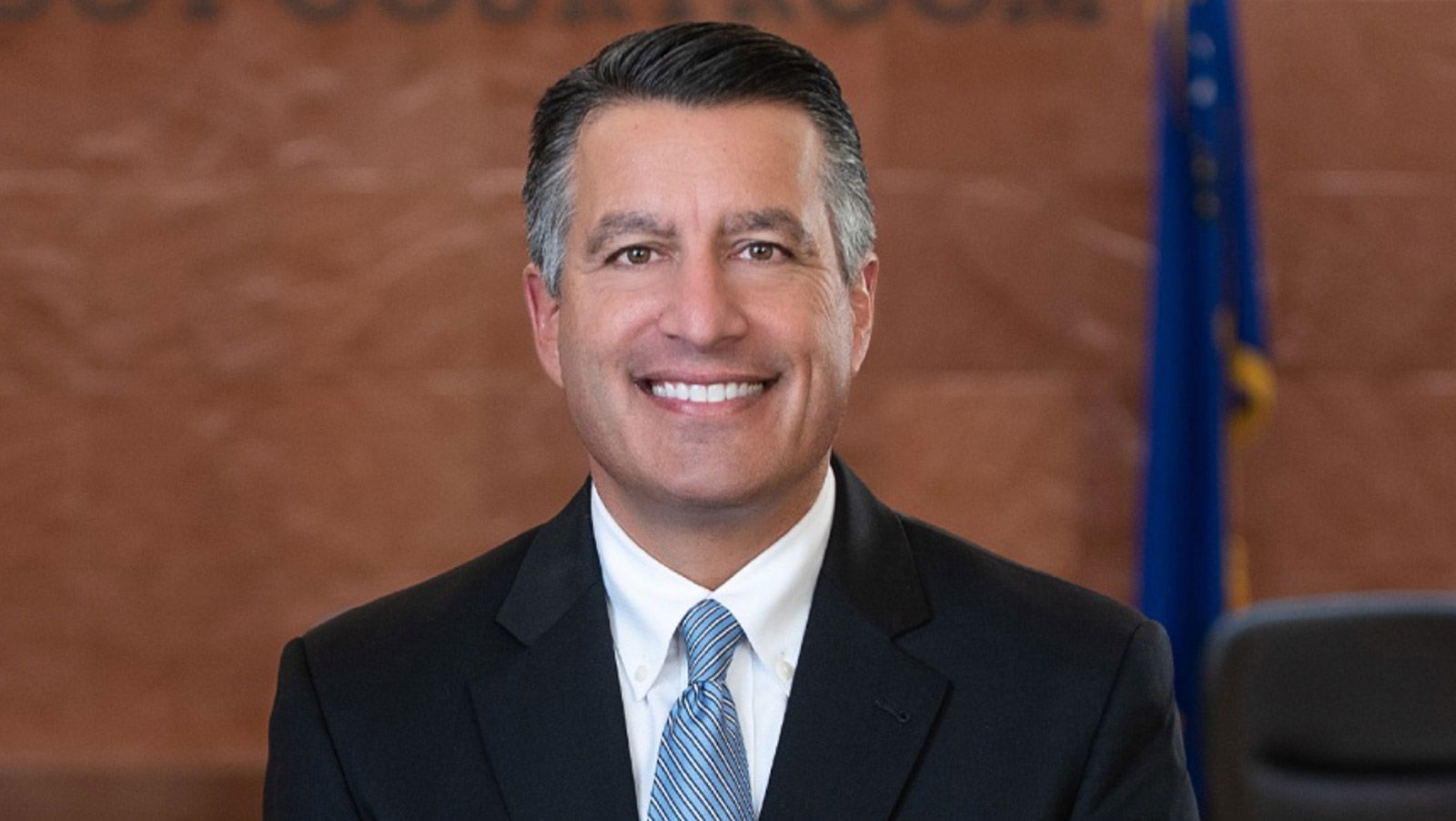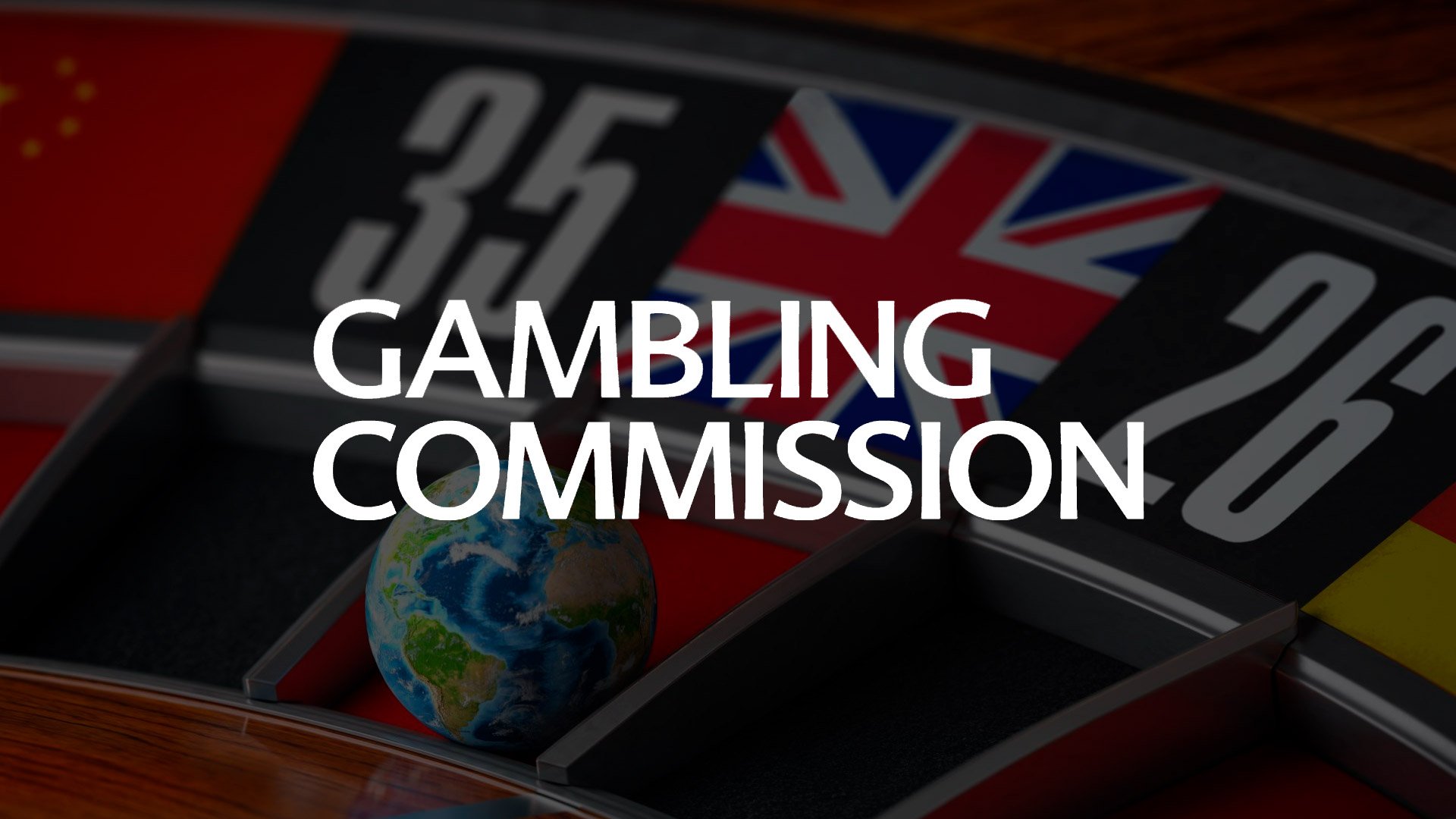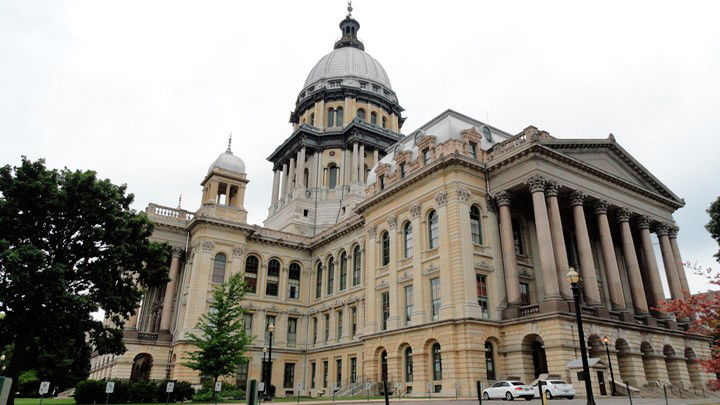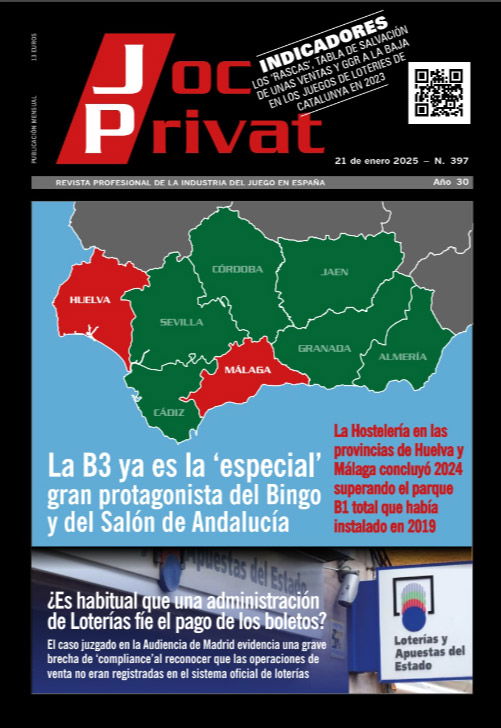British Columbia seeks to retain over $649,000 bond in civil forfeiture case involving alleged Macau casino crime leader
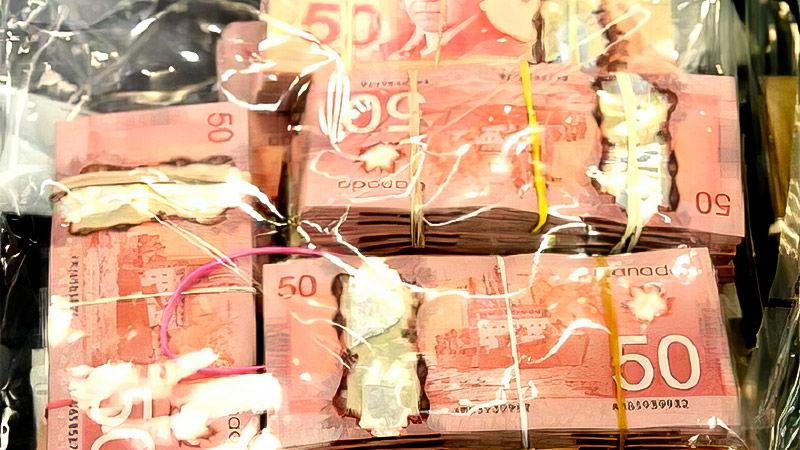
British Columbia’s director of civil forfeiture has initiated a lawsuit to retain CAD880,000 ($649,230) posted as a bond with the Canada Border Services Agency (CBSA) by Tujie Lai, an individual accused of leading a criminal gang running casinos in Macao.
The legal action, filed Tuesday in B.C. Supreme Court, follows an intricate chain of events that began when Lai was handed over to Canadian authorities by the U.S. Border Patrol in October 2019, who had apprehended him for alleged illegal border crossing.
According to the civil claim, the bond was paid by Lai's spouse, Wenyi Chen, after Lai was detained. Subsequent investigations revealed that Lai, who presents himself as self-employed, is wanted in China for serious criminal offenses including kidnapping, extortion, and operating a criminal syndicate.
The lawsuit highlights Lai's substantial financial claims, including a purported CAD12 million ($8.85 million) transferred from Macao and Hong Kong, and an additional CAD100 million ($73.78 million) in Canadian currency allegedly available to him in China.
The director of civil forfeiture contends that these funds are the proceeds of criminal activity. The claim further asserts that Lai and Chen's transactions at British Columbia casinos exhibit signs consistent with money laundering practices.
Evidence cited in the court documents includes records from B.C.'s Combined Forces Special Enforcement Unit, which indicate that Lai purchased CAD250,000 ($184,440) worth of casino chips in July 2017 and subsequently redeemed CAD610,000 ($450,033).
Additionally, the lawsuit points to irregularities in Lai's currency exchanges at the River Rock Casino in Richmond, B.C., including the presentation of CAD20,000 ($14,755) in U.S. currency and another CAD9,900 ($7,303) in Canadian bills structured to evade reporting requirements.
The civil claim reflects concerns outlined in a 2018 independent report on money laundering, which identified B.C. casinos as having unintentionally facilitated the laundering of criminal proceeds.
The report noted that organized crime groups, particularly from Asia, had used these venues to launder over $100 million, with the River Rock casino described as a central location in this illicit activity.
Lai, who allegedly attempted to evade U.S. border officers in July 2019 and was later returned to U.S. custody, was released from detention in October 2019 upon payment of the $880,000 bond. Lai reportedly told CBSA investigators that his wealth derives from the "junket industry" in Macao, where he claims to provide loans to gamblers and act as a guarantor, earning commissions from loan repayments.
The lawsuit further alleges that China's Ministry of Public Security informed the CBSA of Lai’s criminal convictions and his status as a fugitive subject to an Interpol red notice for charges including extortion, assault, conspiracy, and perjury. The director of civil forfeiture argues that the extensive financial transactions and currency exchanges involved with Lai’s bond money suggest its origin from criminal activities.
As of now, Lai and Chen have not publicly responded to the lawsuit. The allegations remain untested in court.





